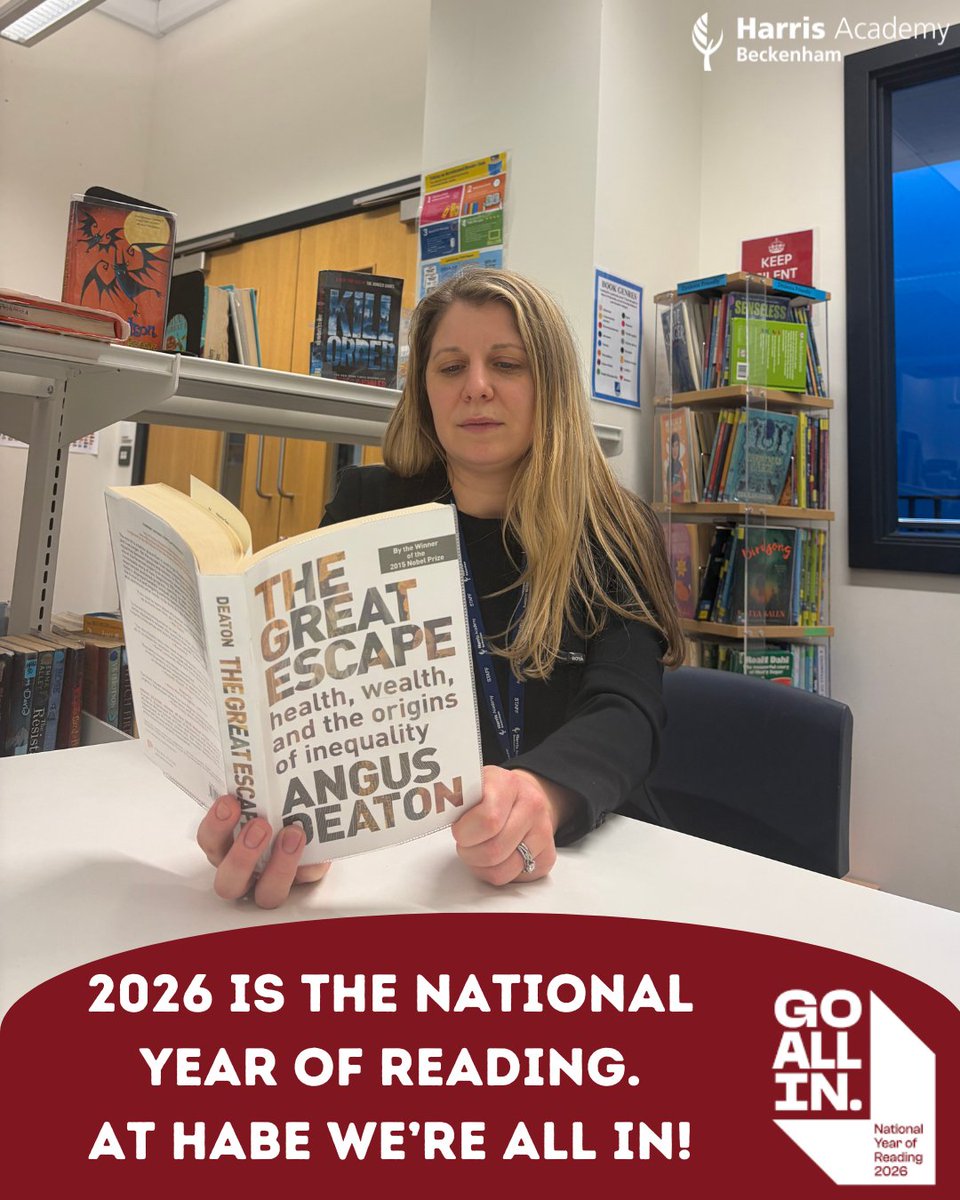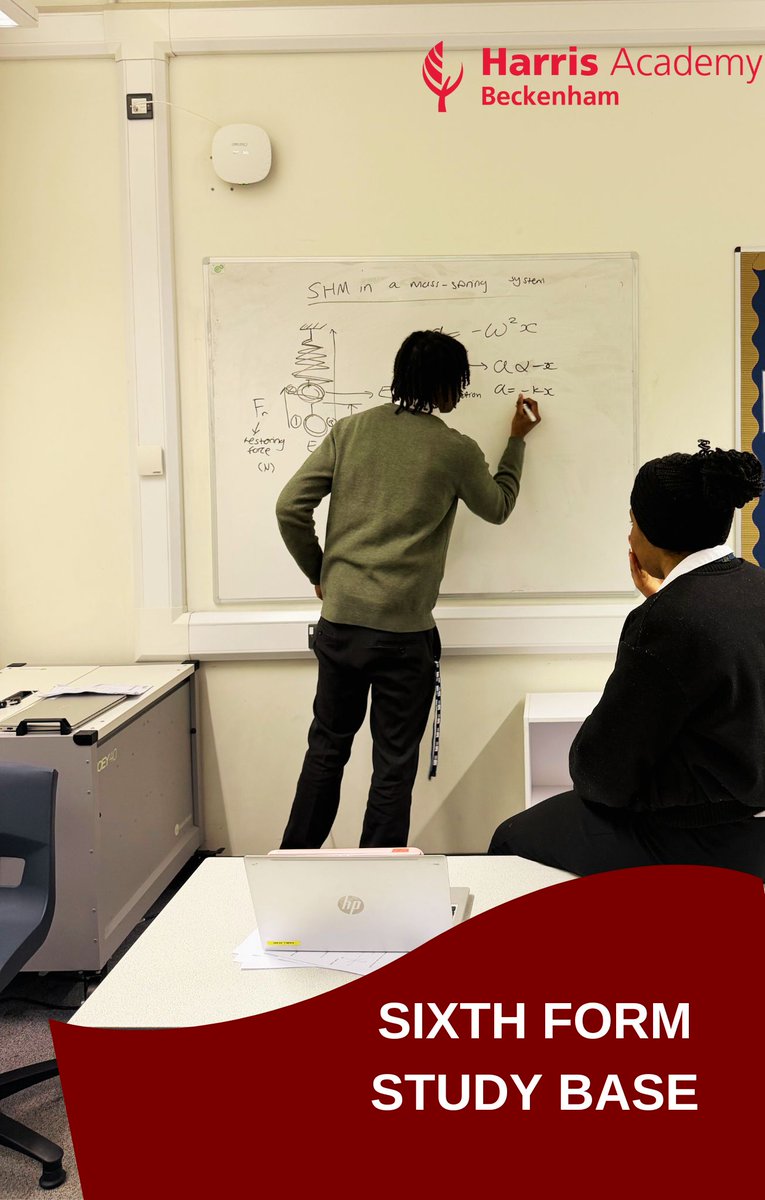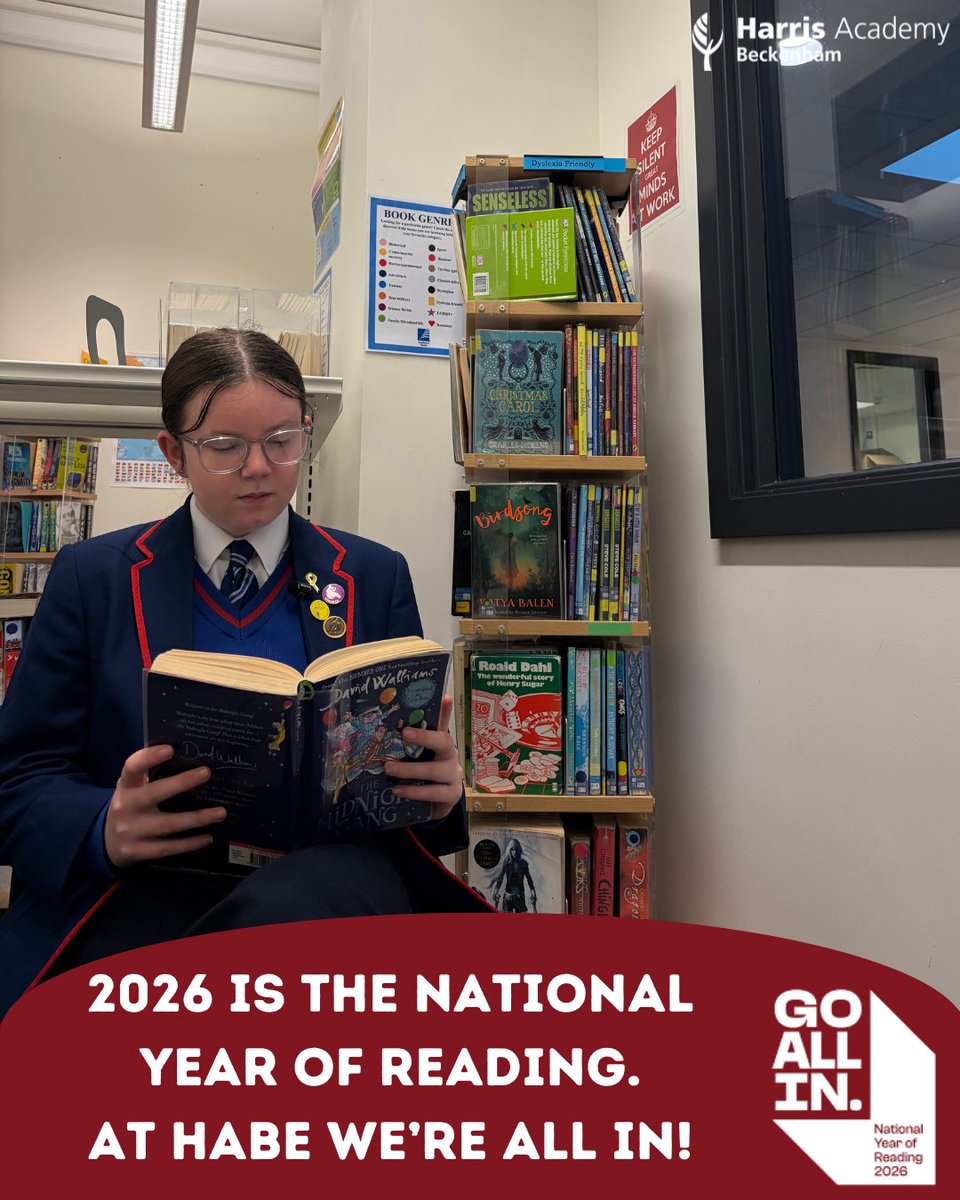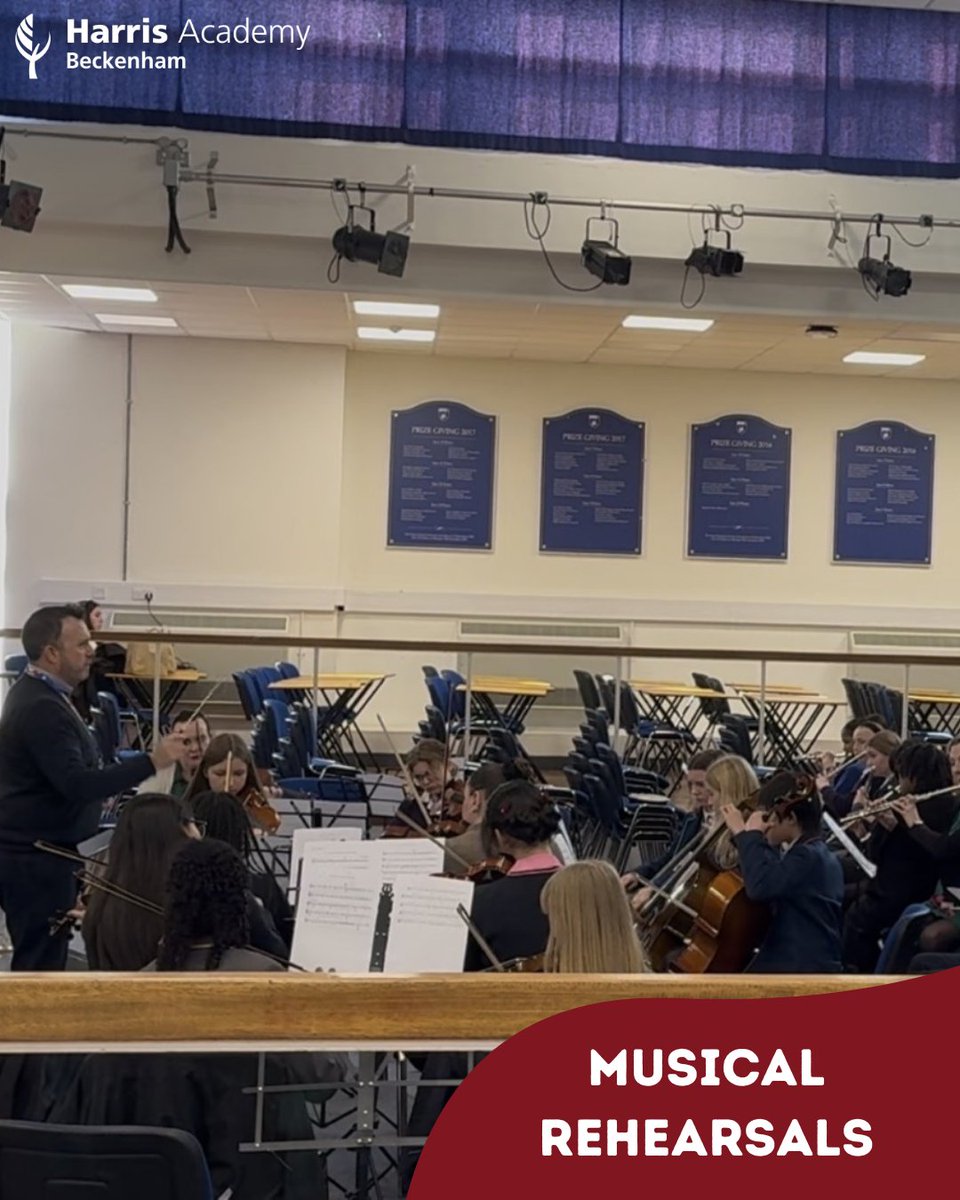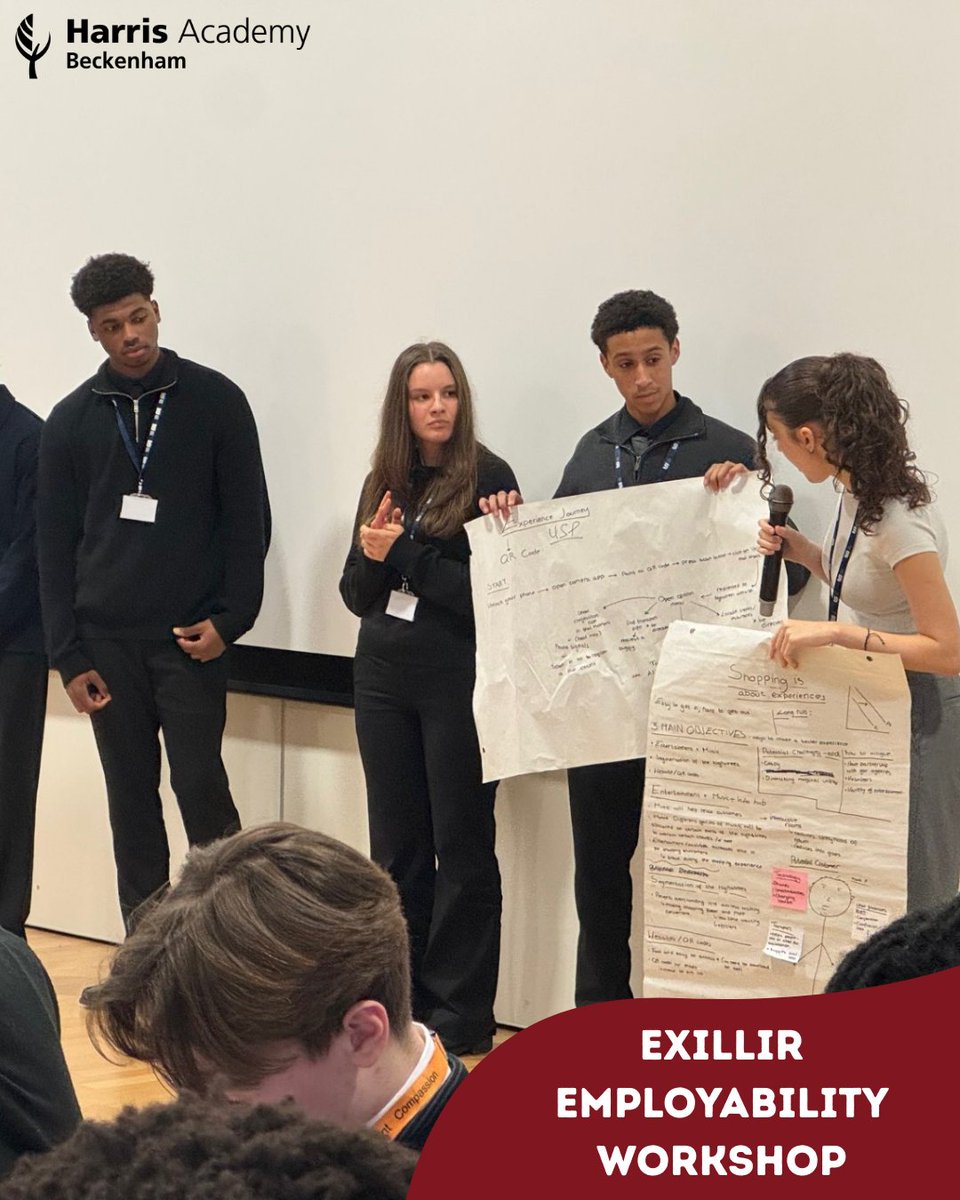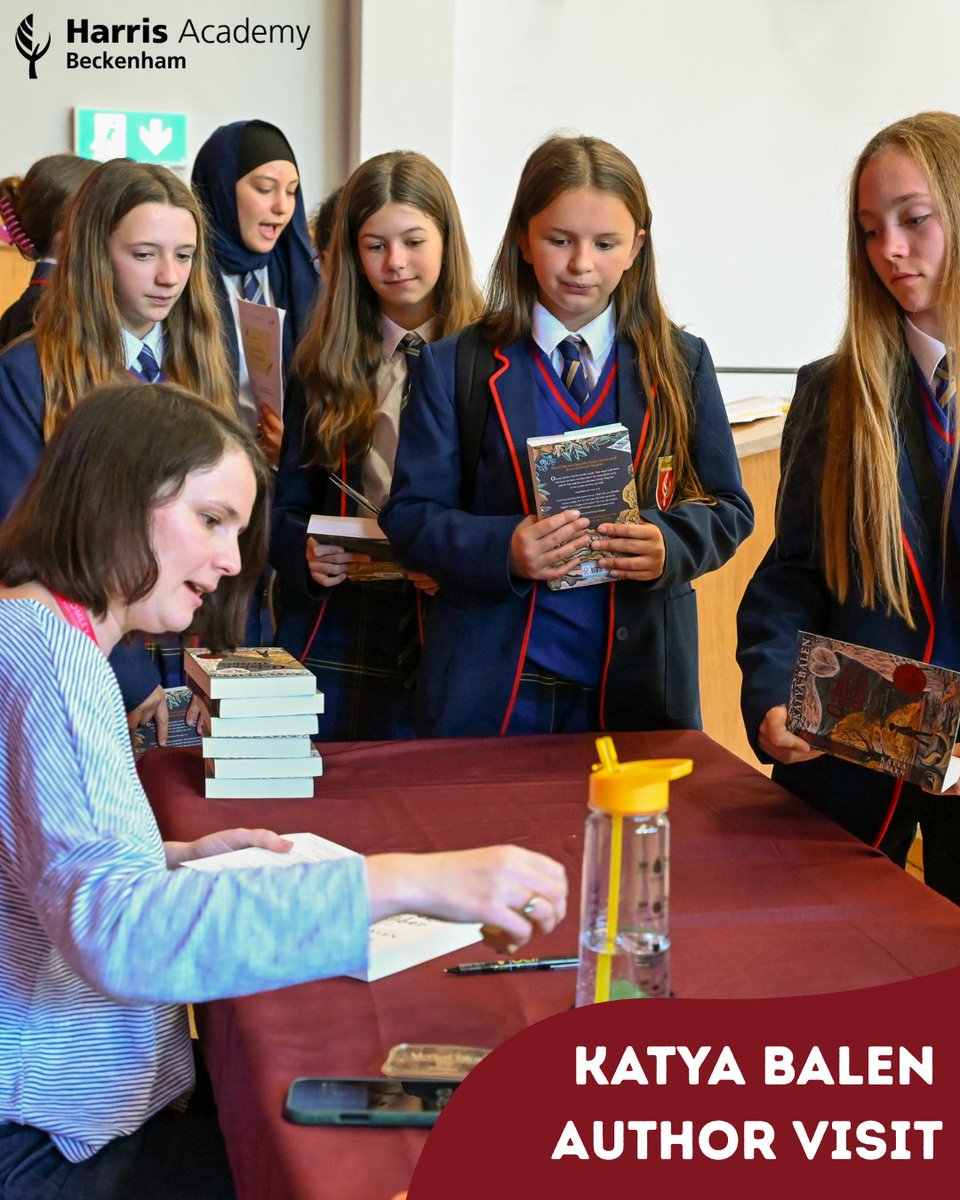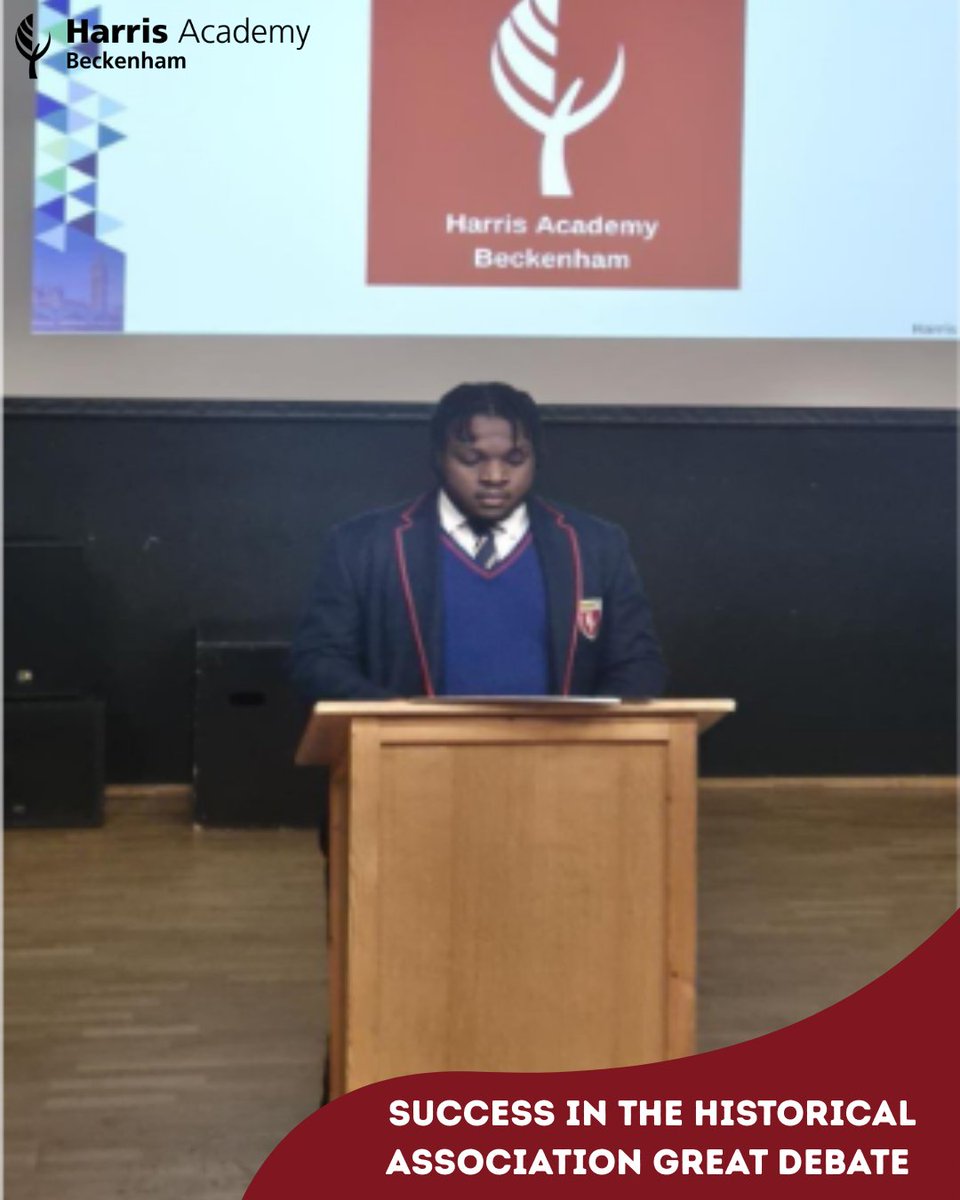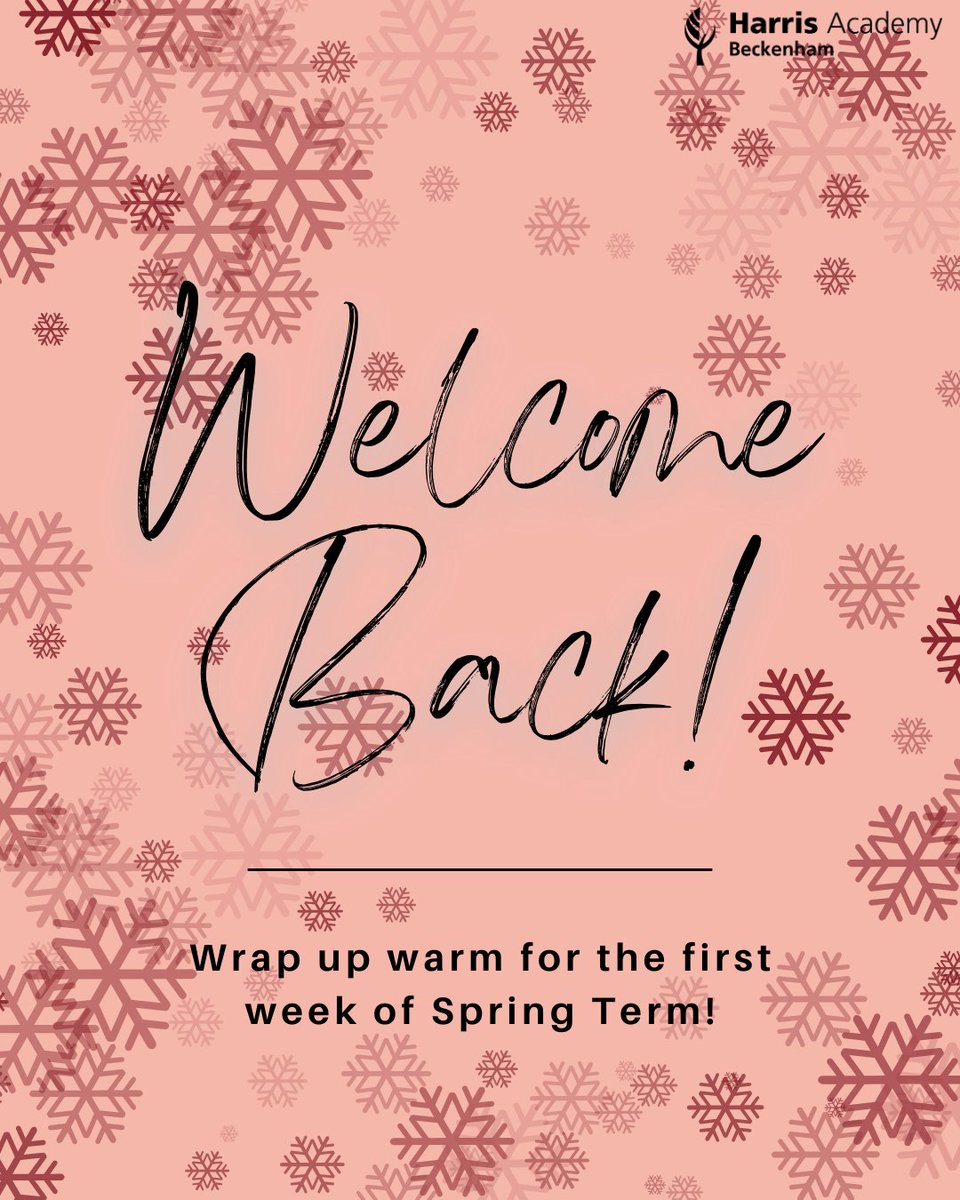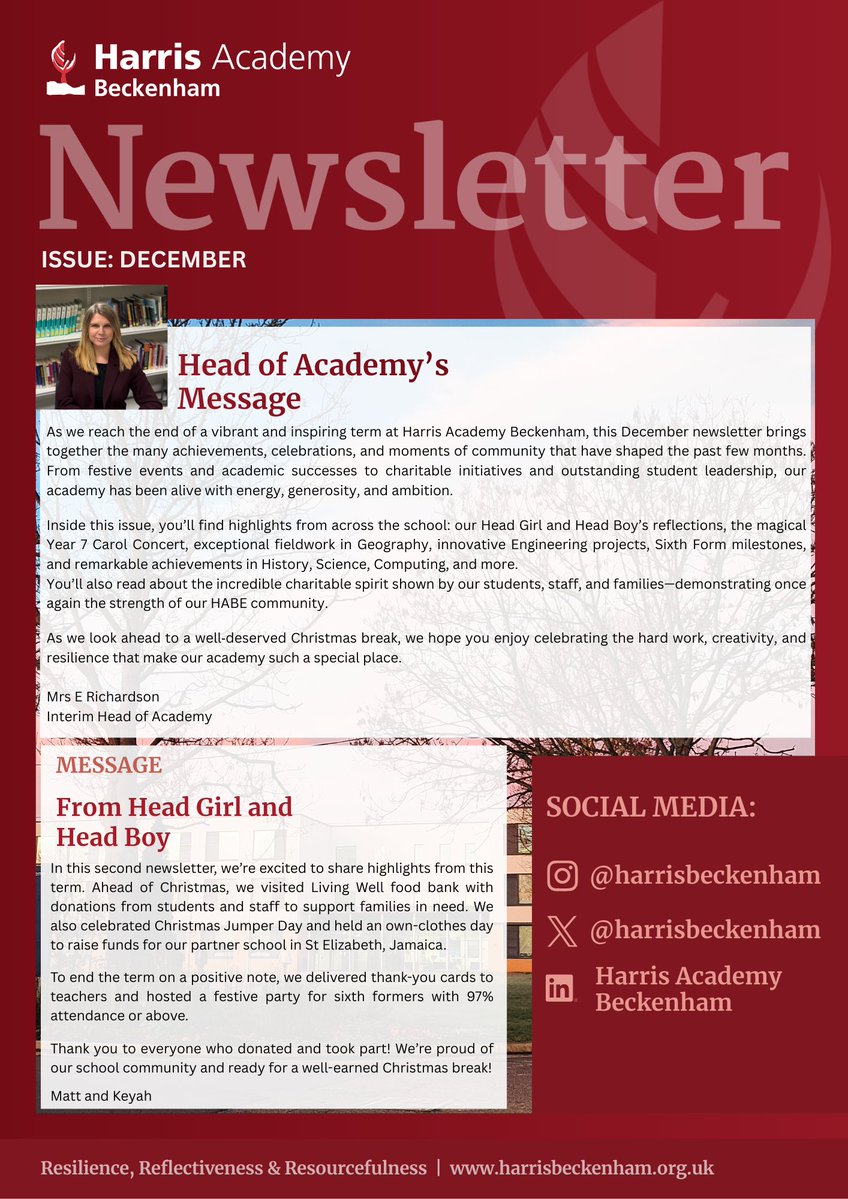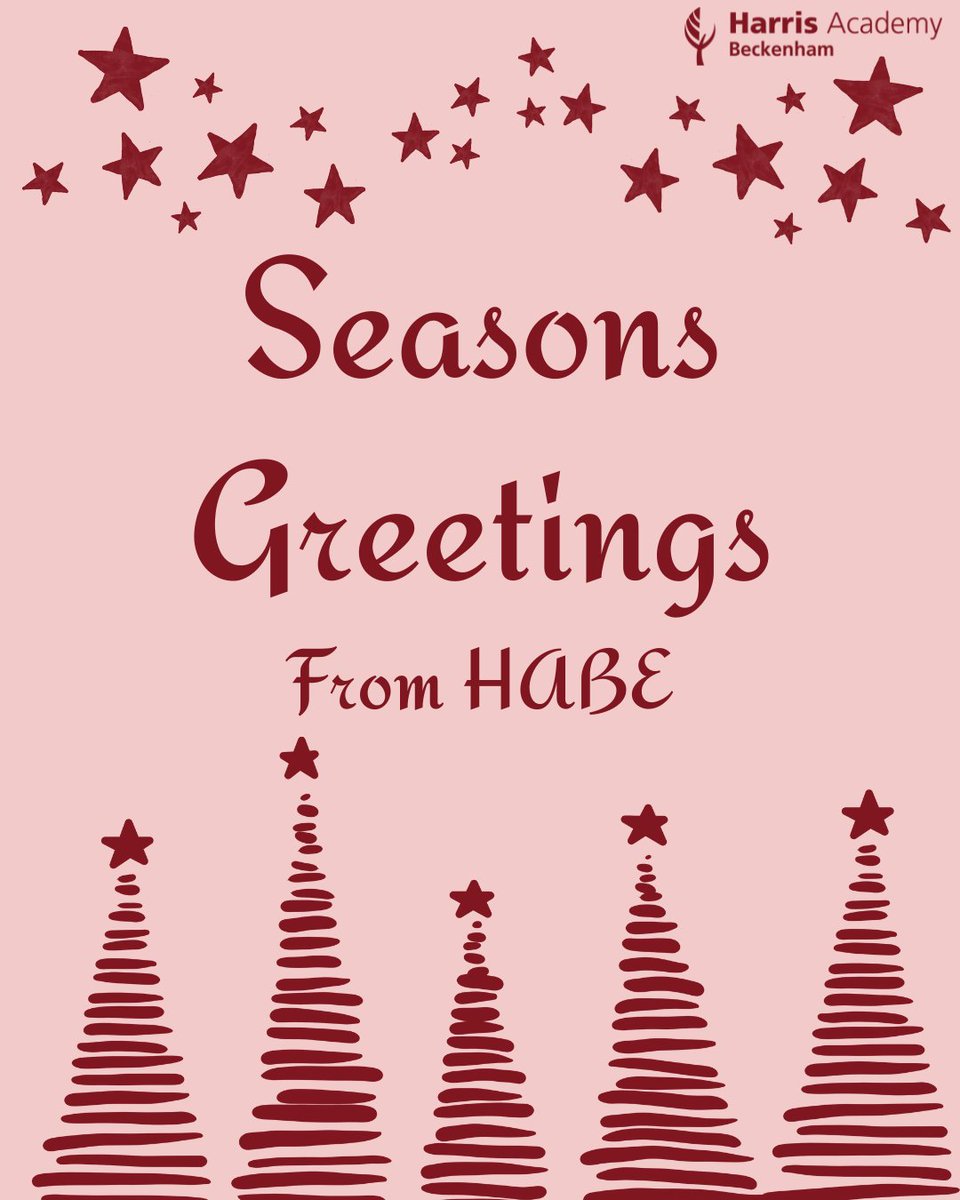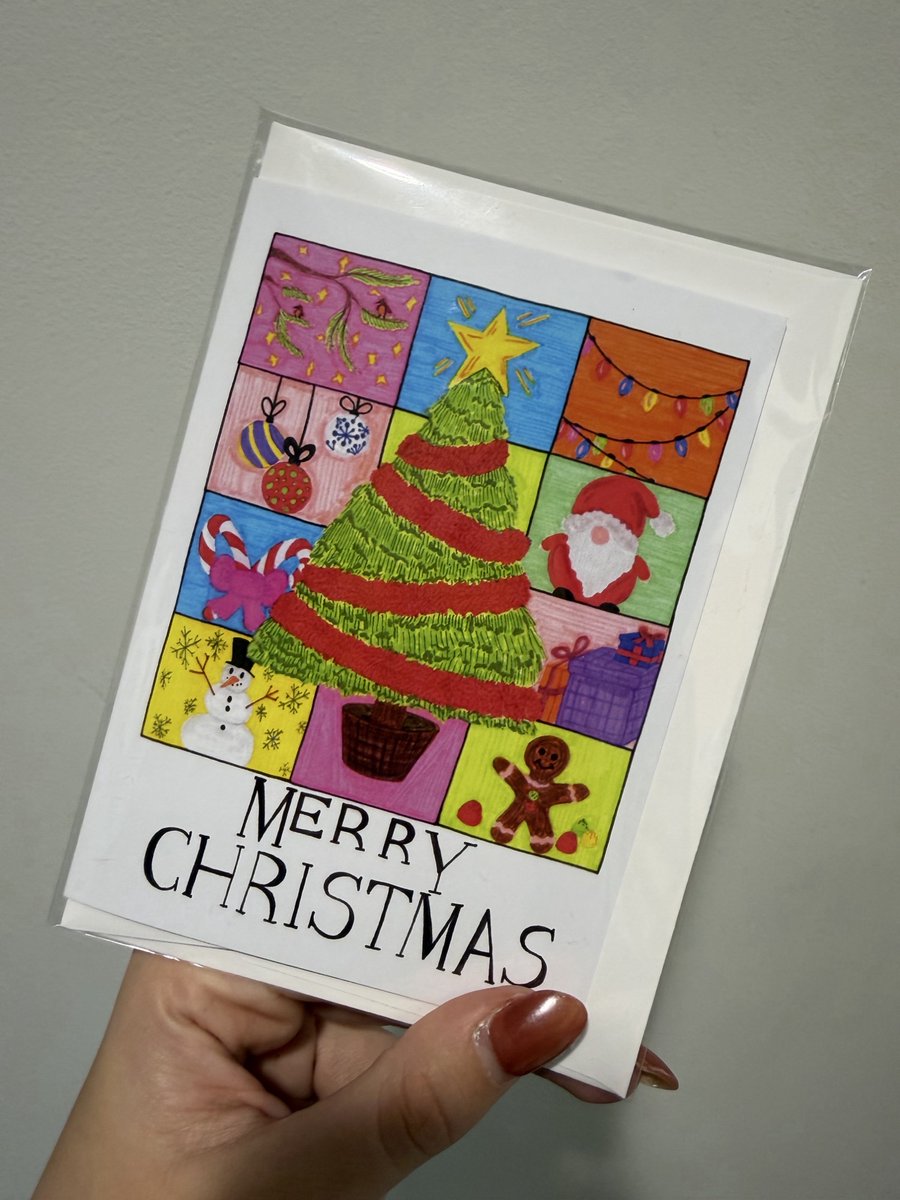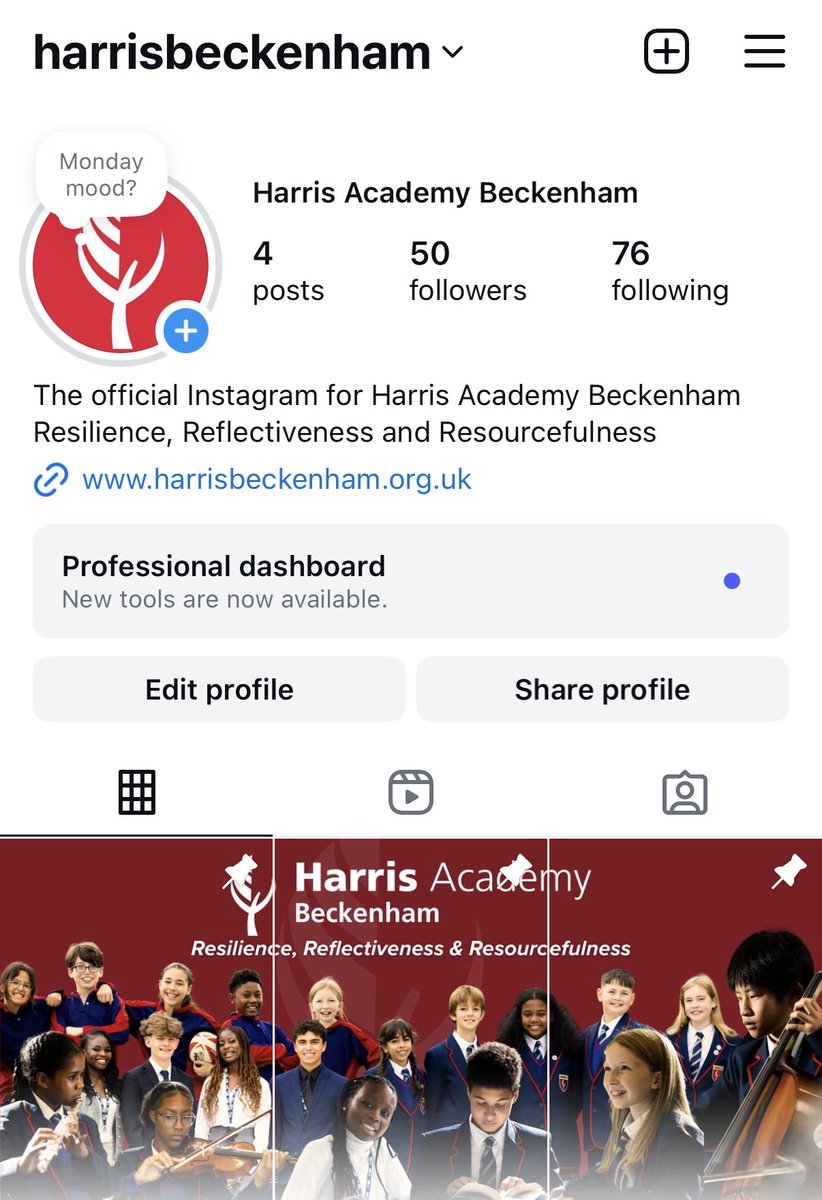Spanish
Curriculum intent
A central aim of the MFL department at Harris Academy Beckenham is to develop students’ cultural awareness through the opportunity for all our students to learn a foreign language. We seek to awaken students’ curiosity and deepen their understanding of different customs, beliefs, history and literature. In so doing, we challenge students to consider their own identity, to appreciate and empathise with different ways of seeing the world and consequently to play a part in breaking down social and cultural barriers in the world.
For further details of the Spanish curriculum please see the documents at the bottom of the page or contact Ms. V. Barnes
In addition, we aim to develop confident communicators in listening, speaking, reading and writing, who are able to use a rich vocabulary and draw on a sound grammatical knowledge. We strive to equip students to use language for different purposes and to eventually enter a global world where their linguistic and intercultural skills will enhance careers and relationships with others.
We deliver a rich curriculum to mixed ability groups and are committed to setting goals that stretch and challenge students of all abilities and backgrounds. We ensure that lessons are accessible for all groups of students including SEN, PP and EAL and that students are not disadvantaged by social or economic reasons in learning a foreign language.
We look to extend our students’ learning by offering a wide range of extra-curricular opportunities which include local trips (BFI/L’Institut Français) and residential trips abroad; these opportunities help to bring language to life and impact on students’ motivation to learn a language. It is also an ideal opportunity for students to experience ‘real’ language and interact with native speakers.
Students’ writing, reading and oracy skills (WORD) are developed through activities which require students to communicate effectively and accurately in both spoken and written form. This is consolidated in termly projects which are assessed and graded to show progress throughout the year. ‘Every day’ WORD is developed through the introduction and repetition of key words, a focus on spelling and phonics, and the assessment of spoken and written accuracy.
Our 4 R’s ethos is fully visible in MFL lessons. Students require resilience to grapple with new grammar items and unseen vocabulary in literary texts; they extend their resourcefulness skills by using prior knowledge, making links to their own language and through research; they become reciprocal, collaborative learners by working in pairs, groups and teams and master reflectiveness skills through self and peer assessment, always seeking to improve to the next grade.
Finally, the MFL department aims to provide our students with a positive, inclusive language learning experience where students can interact in real and meaningful contexts, thus preparing them for the challenges of the wider world.
Implementation
All staff in the MFL department are specialists in their field and professional learning delivered at Academy and Federation level ensures that we are up-to-date in our expertise as linguists and as effective practitioners in the delivery of Modern Foreign Languages. We are always looking to improve teaching and learning by observing each other’s lessons and through weekly meetings where we can share best practice. This expertise is extended to our trainee teachers (SD/Teach First/PGCE) who we seek to develop through team teaching, class sharing and mentoring. We believe an open, cohesive team is key to the effective implementation of MFL at Harris Academy Beckenham.
We deliver a 3-year curriculum which gives increased ownership and curriculum time, better preparing our students for continued engagement, enjoyment and success in their language learning. This transitional approach allows students to be taught in much greater depth and at an appropriate pace, with less explicit GCSE pressure. It also allows for the inclusion of a rich, cultural content (e.g BFI short film work and exploration of the cultural calendar).
We will begin to teach our lessons in 80 minute blocks from September, 2019, thus providing our students with extended opportunities to explore language and culture in greater depth. Each lesson begins by re-activating prior knowledge through ‘Nothing new, just review’ activities which students can apply to new contexts and which under-pin long term language acquisition. Our central focus is mastery and challenge. Mastery in listening, speaking, reading and writing is achieved through partner work, targeted questioning, independent activities (20 minutes) and addressing misconceptions through regular assessment during the lesson. In addition, the target language is used throughout the lesson allowing for ‘implicit’ acquisition of the language and empowering students to be confident communicators. Students commit language to their long-term memories through activities which require them to grapple with difficult grammatical concepts, by having a ‘can do’ approach to demanding literary texts and through the careful construction of written responses which require a wide range of sophisticated language and a high level of accuracy. Language learning extends beyond the classroom to homework which is based on a 2 weekly cycle of Knowledge organiser tasks and topic related assessment tasks. Students also use a range of on-line resources including Duolingo, Languages on Line and Zut to re-inforce their learning.
Books are marked using the Academy marking code which students also apply to self and peer assessment. Students are required to respond to the teacher’s personalised marking feedback which is based on a secure understanding of a students’ learning needs and exactly what they need to do to improve and move to the next level. Teachers use Profiles of Need to target student progress and address any progress gaps between different groups of students.
Not only do students receive both verbal and written feedback during the lesson, but they also undergo a rigorous cycle of summative assessment devised by the Harris MFL consultant team. Assessments are set in all skill areas with the addition of a grammar paper which is a fundamental reason for the increase in performance in students’ writing in the last four years. GCSE style assessments are not reserved for KS4 students but are also mirrored in KS3 tests; Year 7 and 8 are required to comment on a photocard in the speaking test and respond to bullet points written in the target language in the writing paper. Producing written responses of up to 90 words from memory at KS3 prepares students for the rigour of the GCSE writing paper. Furthermore, exposure to role play and conversations which require spontaneity and memorised language, give students a taste of the ‘real life’ nature of the GCSE speaking test. Having completed assessments, students are required to evaluate their learning and identify next steps on the their learning journey.
WORD is central to language learning in all skills areas. Students accumulate a bank of vocabulary which is recorded, applied and re-visited in different contexts and they learn new vocabulary from word rich literary and non-literary texts. Students are able to perfect their speaking skills through the teaching of pronunciation and intonation, formal and informal address and the ability to articulate clearly. We enable students to become confident writers by stressing the importance of spelling and punctuation, the need to find more interesting synonyms for common words and through drafting and re-drafting to produce their best piece. A range of activities are deployed to develop speaking and writing skills which meet the learning needs of all groups of students including pair and group work, running and paired dictation, and hot-seating. Developing students’ vocabulary and linguistic abilities is crucial in having the desired impact: to confidently and successfully access the world around them.
“The limits of my language mean the limits of my world.” Ludwig Wittgenstein
Impact
The impact of the MFL curriculum is measured through formative and summative assessment. Feedback from assessment outcomes should drive student progress and inform subsequent teaching and learning of content and concepts. Marking feedback in books, to which students have the opportunity to respond, and feedback sheets linked to summative assessments form a key part of this process and serve to highlight misconceptions in students’ knowledge. Teachers pay particular attention to students who are vulnerable, have SEN, or are Most Able when they are not making expected progress so that strategies may be applied to eradicate these gaps.
In Years 7-10, the two MFL assessment cycles (from September, 2019) test students’ knowledge in listening (20%), speaking (20%), reading (20%) and writing (20%). Grammar and core knowledge (20%) is also tested explicitly in a separate paper in order to address an historical problem among students lacking essential foundational knowledge at KS4-5 which inhibits progress and in turn, negatively affects their confidence.
Other sources used to understand the impact of the curriculum include feedback from teachers, students and parents; observations of the curriculum being taught; option choices and uptake trends (KS3>KS4); attainment and progress measures at GCSE and A level; the proportion and numbers of students taking a language at A level and 2 sets of GCSE, AS and A level mock examinations in Years 11, 12 and 13.

